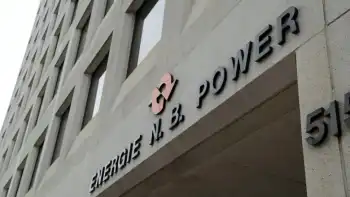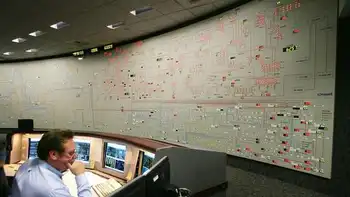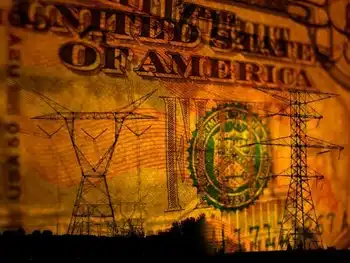China rejects emission caps that hobble economy
Beijing has been reticent about what the world's number-two carbon emitter – the United States is number one – would be prepared to do to tackle global warming.
The Chinese report shows officials believe warming is a serious threat but suggests they do not want to take preventive steps that hobble economic growth.
China's first review of the problems posed by a hotter planet proposes an even more ambitious goal of an 80 per cent cut in "carbon intensity" by 2050, from 2000 levels, but states that emissions per person are likely to top projected developed-nation levels before starting to fall.
If the target was made official, China would be the first major developing country to set long-term goals for braking rising emissions, as urged by the European Union and other industrialized nations that back the Kyoto Protocol. The U.S. does not.
"Before generally accomplishment of modernization by the middle of the 21st century, China should not undertake absolute and compulsory emission reduction obligations," said a translated summary of the report, shown to Reuters.
The document was drafted over four years in consultation with powerful ministries, suggesting a broad official consensus. The final version, which gives no figures for total current or future emissions, is not yet approved for publication. It is separate from a national plan on climate change Beijing is set to unveil.
Cutting emissions per unit of national income represents a rare convergence of views in China and the U.S.
American President George W. Bush has repeatedly said carbon emissions should be measured in conjunction with U.S. economic growth. He has urged industry to cut its emissions intensity, voluntarily, by 18 per cent by 2012.
Some states, including California, are planning emissions trading schemes without federal backing to speed their responses to global warming.
Beijing aims for an initial cut in carbon intensity of 40 per cent by 2020 through measures ranging from expanding forests to boosting renewable energy, the report said.
By then, temperatures may be as much as 2.1 Celsius above averages for 1961 to 1990, and could start straining food and water supplies. It notes ground temperatures have increased 1.1 C in the past 50 years.
"Due to its highly fragile ecological environment, long coast-lines and low per capita resource... China is extremely vulnerable to the negative impacts of climate change," it states. With pollution and resource problems an increasing constraint on the economy, Premier Wen Jiabao put green growth at the centre of his address to the ruling Communist congress this year.
The European Union and other rich nations bound by the Kyoto Protocol want developing countries to start braking the rise in greenhouse gas emissions beyond 2012.
A recent United Nations report warned of the dire impacts of global warming, from hunger in Africa to fast thaw in the Himalayas and polar regions, but in negotiations leading to its approval, Chinese officials and scientists raised doubts and tried to underplay some findings.
The blueprint indicates Beijing's skepticism about some scientific claims on warming is being used to justify resistance to mandatory emission caps.
China argues rich nations pumped out the majority of carbon dioxide in the atmosphere when they industrialized, and should cut their emissions rather than pushing for caps that constrict other nations' growth.
The assessment advises holding to that position until about 2050 when Chinese average income is projected to surpass the equivalent of $10,000 (US).
Related News

Kyiv warns of 'difficult' winter after deadly strikes
KYIV - Ukraine has warned that difficult winter months lay ahead after a massive Russian missile barrage targeted civilian infrastructure, killing three in the south and wounding many across the country.
Russia launched the strikes as Ukraine prepares for a third winter during Moscow's 19-month long invasion and as President Volodymyr Zelensky made his second wartime trip to Washington.
"Most of the missiles were shot down. But only the majority. Not all," Zelensky said, calling for the West to provide Kyiv with more anti-missile systems.
The fresh attack came as Poland said it would honour pre-existing commitments of weapons supplies to Kyiv, a…





